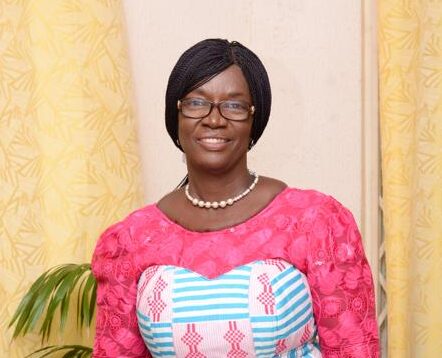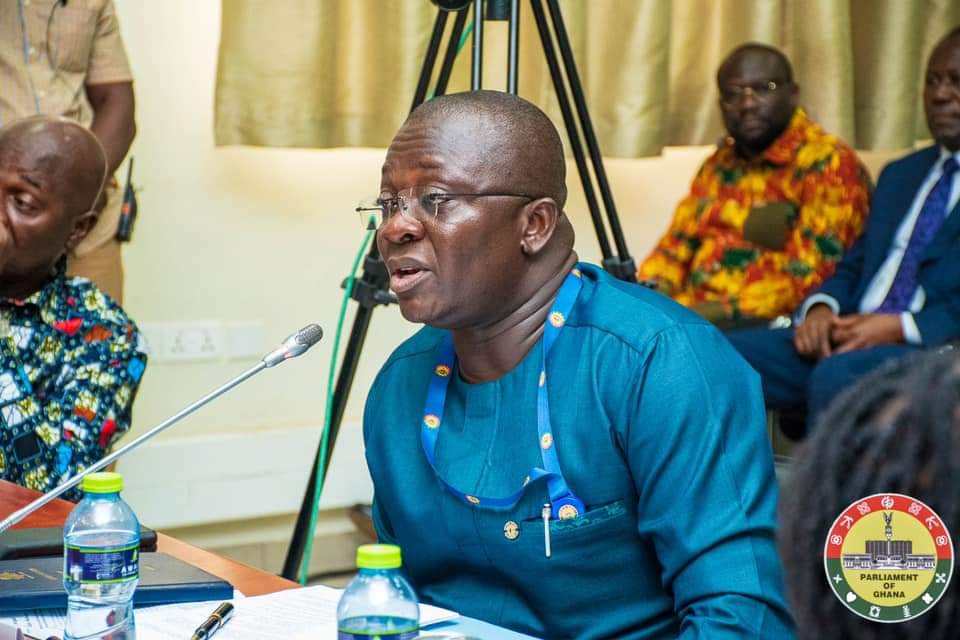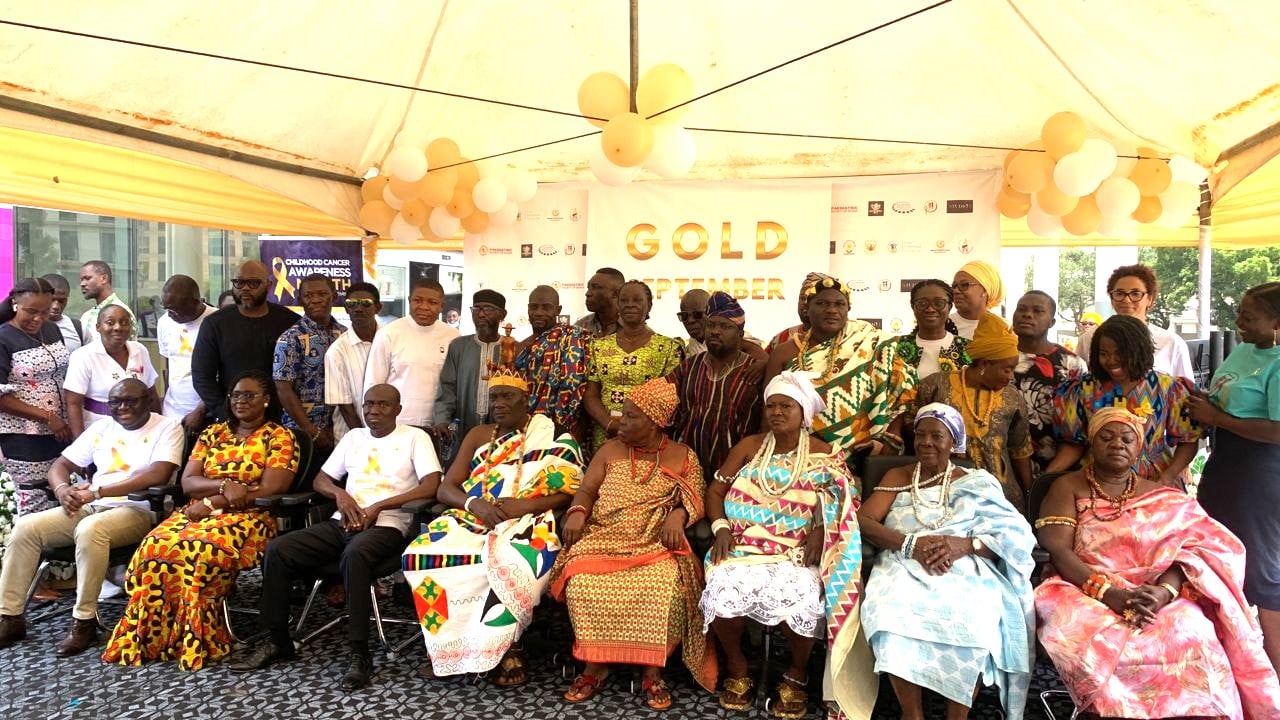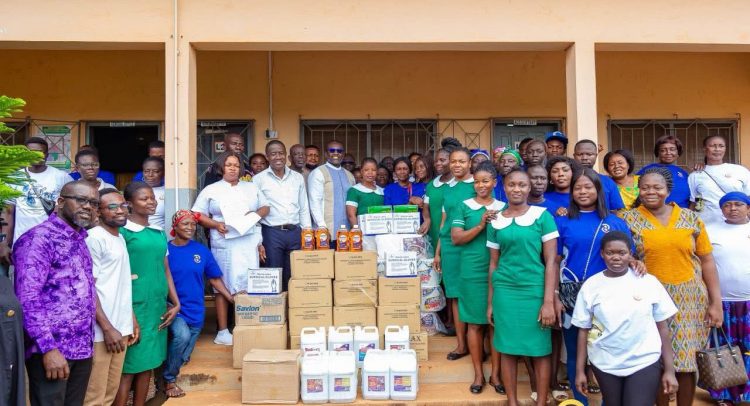
Africa’s economic future depends on empowering cities, provinces and regions rather than relying solely on national governments, Prof. Benedict Oramah, President and Chairman of the Board of Directors, African Export-Import Bank (Afreximbank) has said.
Speaking at the 5th African Sub-Sovereign Governments Network (AfSNET) Business Engagement Programme, Afreximbank at the on-gong fourth Intra-African Trade fair here yesterday, Prof Oramah said decentralised development was crucial to closing inequality gaps that persist across the continent despite robust economic growth.
“Your participation here sends a powerful message: local leadership is fundamental to Africa’s transformation,” he told governors, mayors and industry leaders from across Africa, the Caribbean and the wider diaspora.
He noted that Africa’s per capita income had risen from $1,900 in 2016 to $2,500 in 2024, with poverty levels falling in many regions.
But he cited World Bank and Oxfam reports warning that “the benefits of this unprecedented economic growth have gone to a tiny few, increasing the gap between the richest and the poorest.”
The uneven distribution of wealth, Prof Oramah said, mirrors disparities highlighted by British economist Paul Collier, who contrasted Zambia’s stagnating copper belt with Chile’s success as a copper exporter.
“Bridging the development gap within countries will require significant changes in policy and strategy,” he stressed.
He praised Algeria for offering lessons in decentralised economic planning.
Since the 1980s, Algeria has gradually moved away from centralised models, helping it achieve the lowest inequality index in Africa.
“Although regional disparities still exist, the gaps in Algeria are narrower than those found in many other African nations,” Prof Oramah said, pointing to the country’s ports, renewable energy sector and manufacturing base as assets that could power continental trade under the African Continental Free Trade Area (AfCFTA).
He urged African sub-sovereign leaders to seize the opportunity to forge partnerships with Algerian governors attending the forum.
“Imagine the synergies if Algerian ports became gateways not only for North African trade, but also for goods from West, Central, and Southern Africa reaching Mediterranean and European markets,” he said.
Since its launch in 2021, AfSNET has channelled $2 billion to support regional governments with trade and investment financing, according to Afreximbank. Projects have ranged from industrial parks in Nigeria and South Africa to feasibility studies for a $40 million pharmaceuticals facility in Kenya.
The bank is also investing in African Quality Assurance Centres to overcome barriers to exports, while training sub-national investment promotion agencies to attract global investors. More than 270 delegates have been trained in Nigeria and Kenya over the past year.
“As I conclude my remarks, I would like to express my heartfelt gratitude to all the governors, mayors, and regional leaders present today,” Prof Oramah said.
“Here in Algiers, we are witnessing the power of collaboration in action — partnerships formed, opportunities unlocked, and momentum built for a brighter future.”
“Africa’s transformation will be driven as much from the local level as from the national or continental levels,” he added.
“When sub-sovereigns are empowered with access to finance, connections to markets, and the essential tools to compete, they become engines of prosperity that uplift the entire continent,” he said.
FROM DAVID ADADEVOH, ALGIERS
The post IATF2025: Afreximbank calls for shift to local leadership in Africa’s economic transformation appeared first on Ghanaian Times.
Read Full Story













Facebook
Twitter
Pinterest
Instagram
Google+
YouTube
LinkedIn
RSS